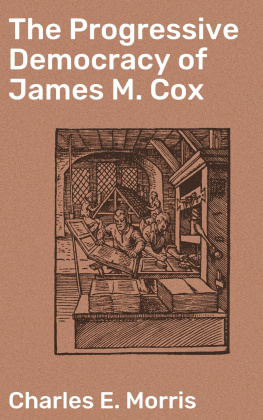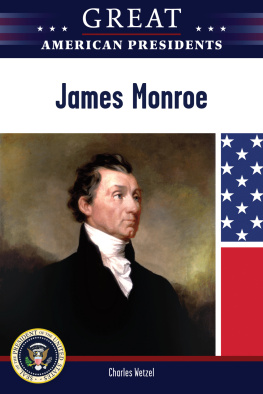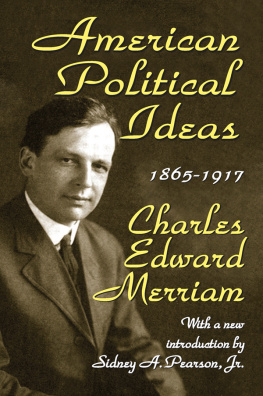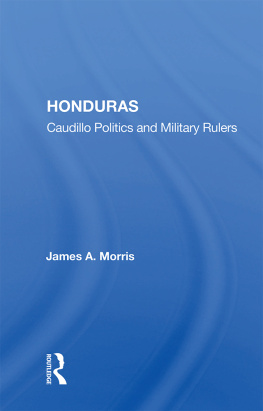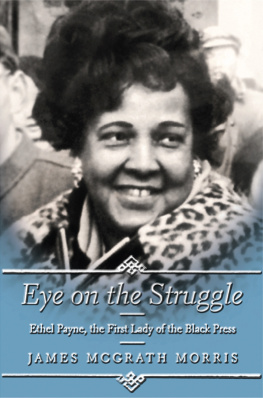Title: The Progressive Democracy of James M. Cox
Author: Charles E. Morris
Release Date: May, 2004 [EBook #5639] [Yes, we are more than one year ahead of schedule] [This file was first posted on August 3, 2002]
Edition: 10
Language: English
THE PROGRESSIVE DEMOCRACY OF JAMES M. COX
by Charles E. Morris Secretary to Governor Cox
CHAPTER I
THE NEED FOR A DOER
There come times in the affairs of men which call for "not a forgetful hearer, but a doer of the work." Such a time is at hand. A great war, the most devastating in history, has been concluded. Its moral lesson has been taught by its master minds and learned in penitence, we may hope, by the erring and wrongly willful. But the fruits of victory are ungathered and the beneficence of peace is not yet attained. The call arises for a "doer of the work."
Two great political parties in the United States, both with splendid accomplishments behind them and both with grave mistakes as well, have attempted to respond to this call, and America, whose proudest boast is that it has always found a man for every great occasion, chooses between them. It is a solemn and serious hour. For it has been America's special fortune that its great teachers and leaders and doers have been found at just the proper time.
This knowledge of the certain right decision of our country is, we might almost say, a part of its very fiber abiding with the persistency of a fixed idea, a part of the heritage of the nation, scarcely needing to be taught in the schools, obvious even to the casual student from an alien land. For our historical records glow with the stories of the appearance of the man; and the thought of a friendly destiny seems not easy to banish. Time has given so often either the inspired teacher of the word or the doer of the work that there is more than a faith and a hope, nay almost a conviction, that it cannot fail now when the agonized appeal of the world beckons America to complete her high mission to humanity upon which she embarked when she threw her power and might on the scales in war.
Those who insist that the fulfillment of that mission lies in keeping the solemn promises make in France, accepted by friend and foe alike, for a League of Nations to end war, to see that retribution becomes not blind vengeance, to set the tribes of the earth again on their forward journey, present as their leader James Monroe Cox, Governor of Ohio.
A party of traditions, a party that has directed in every critical period save one since the Republic began, has said that he meets the requirements of the time. That party chose him because of his record for doing, because there was an inner conviction that he could enter upon a still larger field with a growing, an ever-expanding capacity.
This, too, furnishes a fitter chapter in the history of country and party. For the wise selection of men, even obscure men, has been the tower of our national strength. America had her Thomas Jefferson to expound for all the world the real underlying truth of her Revolution. The equality of rights and duties spread from a dream of philosophers to be the doctrine of warriors for freedom. There was her George Washington to hold together the tenuous bands of freedom. She found her James Monroe to lay the foundations of the doctrine that stern moral precepts forbid the violation of sovereign rights of the nations. She brought forth her Andrew Jackson to make the country in his time safe for democracy, and to establish for all time that no single money baron, nor yet any collection of them, is superior to the power of all the people.
In later time she had her Abraham Lincoln, now in the judgment of the succeeding generations but little beneath the Savior of men, preserver of the Union for its larger duties. She had in this day her Woodrow Wilson, builder of the newer policy of world union and recognized spokesman of freedom in the death struggle with military autocracy. It is of history that Lincoln and Wilson both were stricken down with their work incomplete. After Lincoln there was no doer of the work to finish his task and the evil of those who perverted the exalted purpose of the Civil War continues even unto this day.
Coming into the arena of national affairs when even America seems to doubt and when the selfish motive of fear threatens to palsy the nation's hand, Governor Cox became the man to vindicate the statements and the pledges given before all the world. His introduction to the conscience and intellect of the country was a demand that the faith be kept.
Out of the night of war, the League of Nations has long been a supreme issue with Governor Cox and he was chosen to carry the standard because he had expressed the sentiment most strongly, most clearly and with greatest emphasis.
Doers have ever been practical men, and such is Governor Cox. But practicality need not, and does not, imply a lack of vision. There is such a thing as ideality in vision and a practical hand to make good the picture of the mind. The combined qualities are considered as essentials to the adequate man of the times, for a vision of a new world order is the rarest gift of the century, but the man with the dynamic force and the cunning skill to make this new dream come true has been wanting.
Historypolitical historywas changed profoundly when President Woodrow Wilson was stricken. Men were slow in rallying to his cause, there were even clouds of doubt, ominous and disturbing, when the party he led to two victories prepared in the late June and the early July days of the year 1920 to state its position, its hope and its aspirations.
In the state in which Governor Cox held leadership there was no doubt. His own Ohio knew long ago that at the Democratic National Convention in San Francisco its chosen spokesmen would communicate but two mandates on behalf of the vast majority of the people. One was that Ohio could do no less than be faithful to its greatest executive and the other was that the nation's faith and honor must be kept stainless.
Through Governor Cox that message has been sent to the length and breadth of the land. As seen by him, the appeal to the American people is one which began with the first plea to the world powers for such a concert as would banish the continual threat of war. This plea was made to warring powers when the World War began in 1914 and it was renewed at each favorable opportunity during the years when America hoped that the war might be brought to an end before the last great neutral power was drawn into it. Heeded by the Allies, the voice of reason was rejected by the Central Empires, and from that hour there came the conviction among the earnest lovers of peace that only the imposition of peace would furnish a new basis for world concord.
Few men were more downcast than this same man when long and vexatious delays in the United States Senate ended at last in the recalcitrant refusal of the masters of the majority to ratify the Treaty of Versailles. It is but a fair and truthful statement to observe that, although his judgment of the mind of the people told him that the party which went before the country to vindicate the sacrifices of the men in the trenches would have a most compelling issue, he had no wish for such partisan advantage. As a Democrat, history will tell that he sought only fair compromise on the treaty, even suggesting any honest settlement that would hasten America's entrance into the League.
In his address of acceptance, then, Governor Cox stepped to the fore with the tersest of utterances as to his position on the League, compressing it all into "I favor going in."
If this question is not answered now and affirmatively, Governor Cox believes that there may be delay until nations once more have borne their crosses on Calvary and until further blood and treasure are wasted. And so he says now: "I favor going in."

